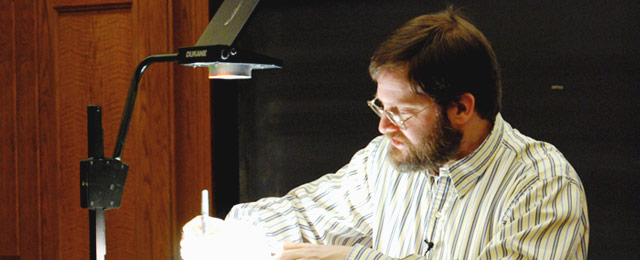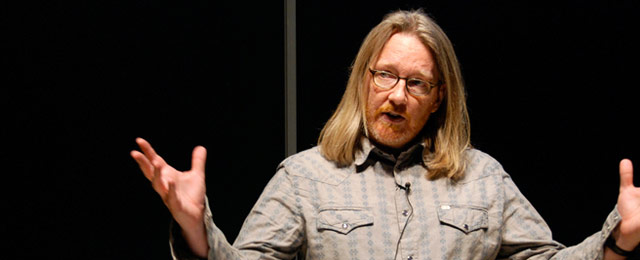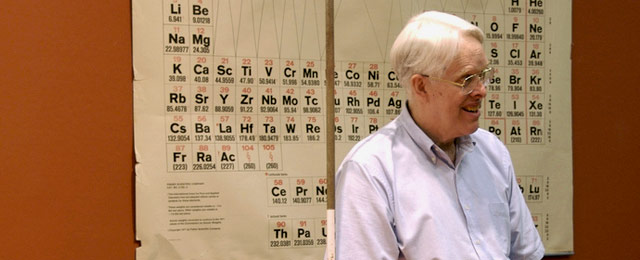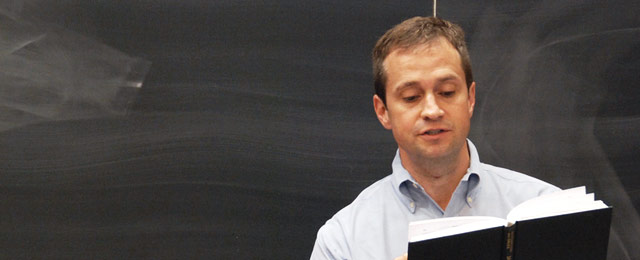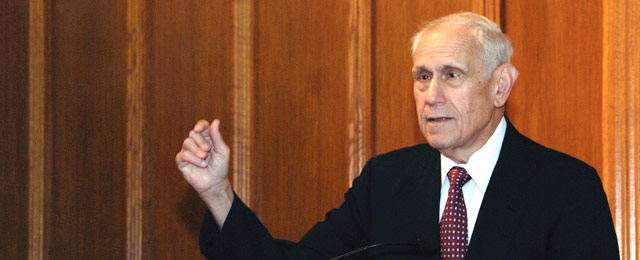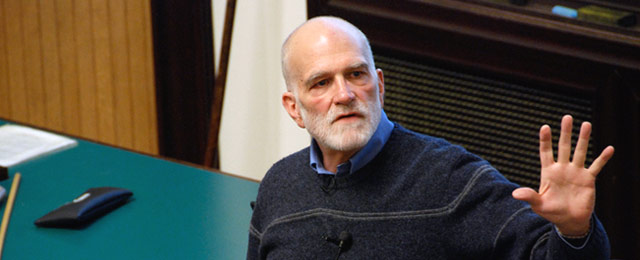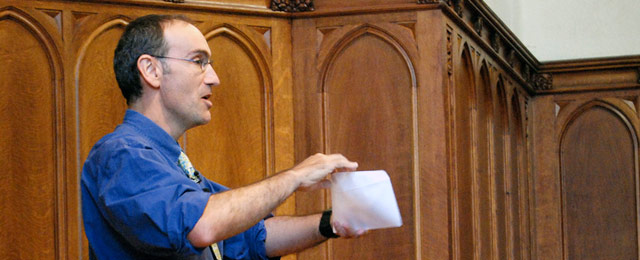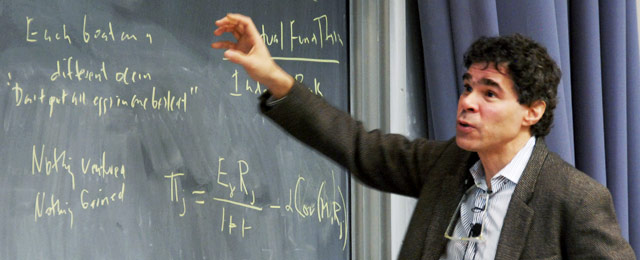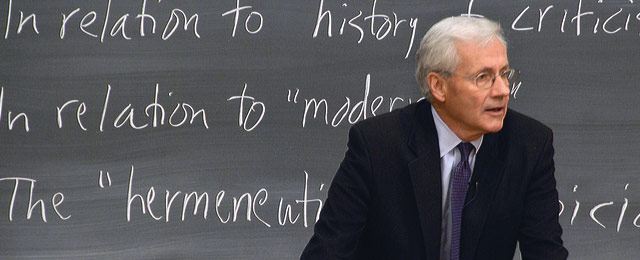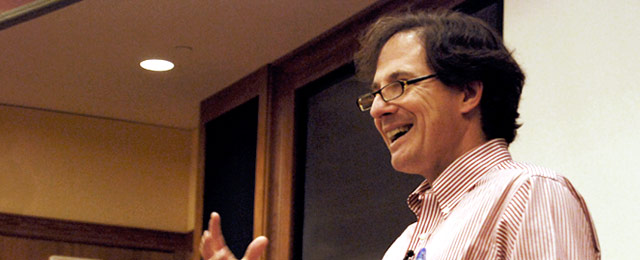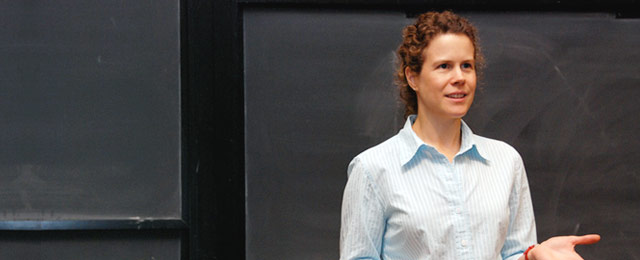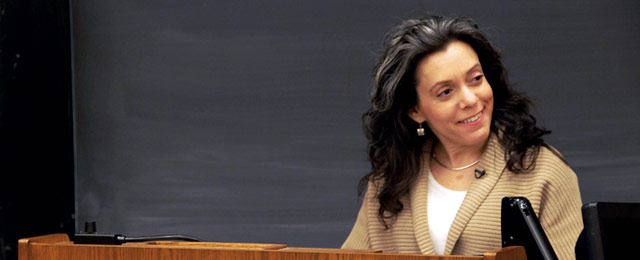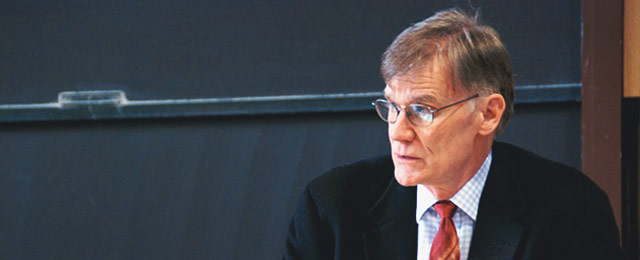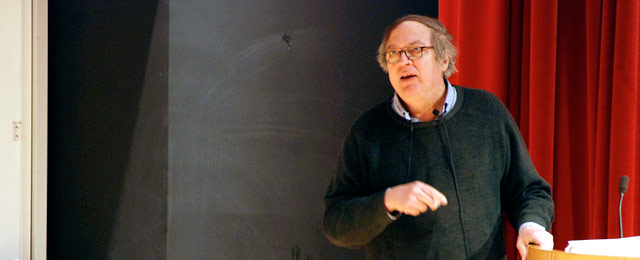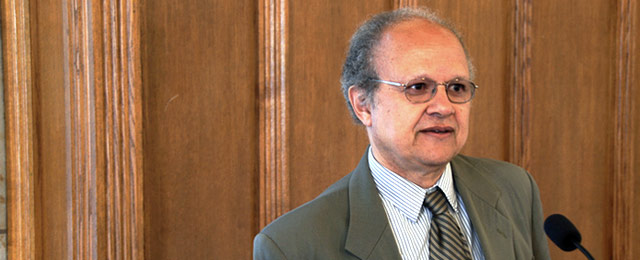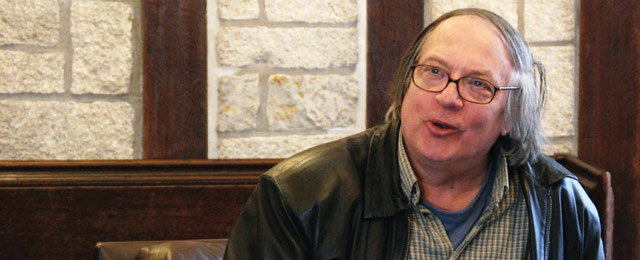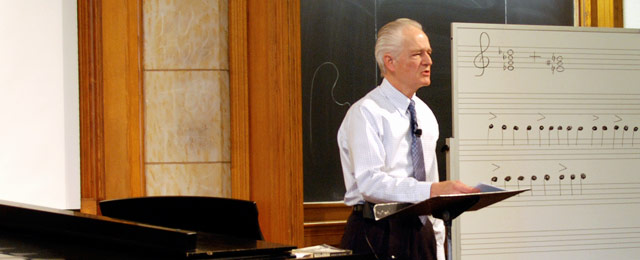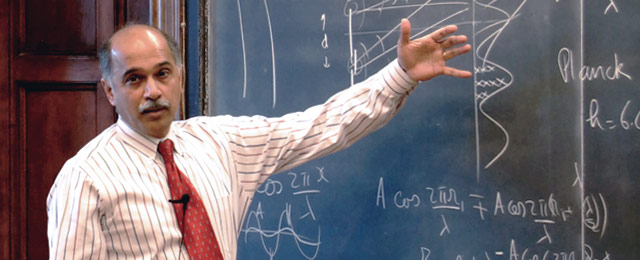Courses tagged with "Europe" (41)
Financial institutions are a pillar of civilized society, supporting people in their productive ventures and managing the economic risks they take on. The workings of these institutions are important to comprehend if we are to predict their actions today and their evolution in the coming information age. The course strives to offer understanding of the theory of finance and its relation to the history, strengths and imperfections of such institutions as banking, insurance, securities, futures, and other derivatives markets, and the future of these institutions over the next century.
This course focuses on three particularly interesting areas of astronomy that are advancing very rapidly: Extra-Solar Planets, Black Holes, and Dark Energy. Particular attention is paid to current projects that promise to improve our understanding significantly over the next few years. The course explores not just what is known, but what is currently not known, and how astronomers are going about trying to find out.
The course covers basic concepts of biomedical engineering and their connection with the spectrum of human activity. It serves as an introduction to the fundamental science and engineering on which biomedical engineering is based. Case studies of drugs and medical products illustrate the product development-product testing cycle, patent protection, and FDA approval. It is designed for science and non-science majors.
This is the first semester in a two-semester introductory course focused on current theories of structure and mechanism in organic chemistry, their historical development, and their basis in experimental observation. The course is open to freshmen with excellent preparation in chemistry and physics, and it aims to develop both taste for original science and intellectual skills necessary for creative research.
This class is a study of Milton's poetry, with attention paid to his literary sources, his contemporaries, his controversial prose, and his decisive influence on the course of English poetry. Throughout the course, Professor Rogers explores the advantages and limitations of a diverse range of interpretive techniques and theoretical concerns in Milton scholarship and criticism. Lectures include close readings of lyric and epic poetry, prose, and letters; biographical inquiries; examinations of historical and political contexts; and engagement with critical debates.
This is an introductory course in Greek history tracing the development of Greek civilization as manifested in political, intellectual, and creative achievements from the Bronze Age to the end of the classical period. Students read original sources in translation as well as the works of modern scholars.
This course presents the principles of evolution, ecology, and behavior for students beginning their study of biology and of the environment. It discusses major ideas and results in a manner accessible to all Yale College undergraduates. Recent advances have energized these fields with results that have implications well beyond their boundaries: ideas, mechanisms, and processes that should form part of the toolkit of all biologists and educated citizens.
This course is an introduction to game theory and strategic thinking. Ideas such as dominance, backward induction, Nash equilibrium, evolutionary stability, commitment, credibility, asymmetric information, adverse selection, and signaling are discussed and applied to games played in class and to examples drawn from economics, politics, the movies, and elsewhere.
This course attempts to explain the role and the importance of the financial system in the global economy. Rather than separating off the financial world from the rest of the economy, financial equilibrium is studied as an extension of economic equilibrium. The course also gives a picture of the kind of thinking and analysis done by hedge funds.
This is a survey of the main trends in twentieth-century literary theory. Lectures will provide background for the readings and explicate them where appropriate, while attempting to develop a coherent overall context that incorporates philosophical and social perspectives on the recurrent questions: what is literature, how is it produced, how can it be understood, and what is its purpose?
This course covers the body of modern poetry, its characteristic techniques, concerns, and major practitioners. The authors discussed range from Yeats, Eliot, and Pound, to Stevens, Moore, Bishop, and Frost with additional lectures on the poetry of World War One, Imagism, and the Harlem Renaissance. Diverse methods of literary criticism are employed, such as historical, biographical, and gender criticism.
In "The American Novel Since 1945" students will study a wide range of works from 1945 to the present. The course traces the formal and thematic developments of the novel in this period, focusing on the relationship between writers and readers, the conditions of publishing, innovations in the novel's form, fiction's engagement with history, and the changing place of literature in American culture. The reading list includes works by Richard Wright, Flannery O'Connor, Vladimir Nabokov, Jack Kerouac, J. D. Salinger, Thomas Pynchon, John Barth, Maxine Hong Kingston, Toni Morrison, Marilynne Robinson, Cormac McCarthy, Philip Roth and Edward P. Jones. The course concludes with a contemporary novel chosen by the students in the class.
Can law change human behavior to be less environmentally damaging? Law will be examined through case histories including: environmental effects of national security, pesticides, air pollution, consumer products, plastics, parks and protected area management, land use, urban growth and sprawl, public/private transit, drinking water standards, food safety, and hazardous site restoration. In each case we will review the structure of law and evaluate its strengths and weaknesses.
The American Revolution entailed some remarkable transformations--converting British colonists into American revolutionaries, and a cluster of colonies into a confederation of states with a common cause--but it was far more complex and enduring than the fighting of a war. As John Adams put it, "The Revolution was in the Minds of the people... before a drop of blood was drawn at Lexington"--and it continued long past America's victory at Yorktown. This course will examine the Revolution from this broad perspective, tracing the participants' shifting sense of themselves as British subjects, colonial settlers, revolutionaries, and Americans.
This course explores the causes, course, and consequences of the American Civil War, from the 1840s to 1877. The primary goal of the course is to understand the multiple meanings of a transforming event in American history. Those meanings may be defined in many ways: national, sectional, racial, constitutional, individual, social, intellectual, or moral. Four broad themes are closely examined: the crisis of union and disunion in an expanding republic; slavery, race, and emancipation as national problem, personal experience, and social process; the experience of modern, total war for individuals and society; and the political and social challenges of Reconstruction.
This course offers a broad survey of modern European history, from the end of the Thirty Years' War to the aftermath of World War II. Along with the consideration of major events and figures such as the French Revolution and Napoleon, attention will be paid to the experience of ordinary people in times of upheaval and transition. The period will thus be viewed neither in terms of historical inevitability nor as a procession of great men, but rather through the lens of the complex interrelations between demographic change, political revolution, and cultural development. Textbook accounts will be accompanied by the study of exemplary works of art, literature, and cinema.
This course consists of an international analysis of the impact of epidemic diseases on western society and culture from the bubonic plague to HIV/AIDS and the recent experience of SARS and swine flu. Leading themes include: infectious disease and its impact on society; the development of public health measures; the role of medical ethics; the genre of plague literature; the social reactions of mass hysteria and violence; the rise of the germ theory of disease; the development of tropical medicine; a comparison of the social, cultural, and historical impact of major infectious diseases; and the issue of emerging and re-emerging diseases.
This course covers the emergence of modern France. Topics include the social, economic, and political transformation of France; the impact of France's revolutionary heritage, of industrialization, and of the dislocation wrought by two world wars; and the political response of the Left and the Right to changing French society.
This course fosters the development of aural skills that lead to an understanding of Western music. The musical novice is introduced to the ways in which music is put together and is taught how to listen to a wide variety of musical styles, from Bach and Mozart, to Gregorian chant, to the blues.
This course provides a thorough introduction to the principles and methods of physics for students who have good preparation in physics and mathematics. Emphasis is placed on problem solving and quantitative reasoning. This course covers Newtonian mechanics, special relativity, gravitation, thermodynamics, and waves.
Trusted paper writing service WriteMyPaper.Today will write the papers of any difficulty.



